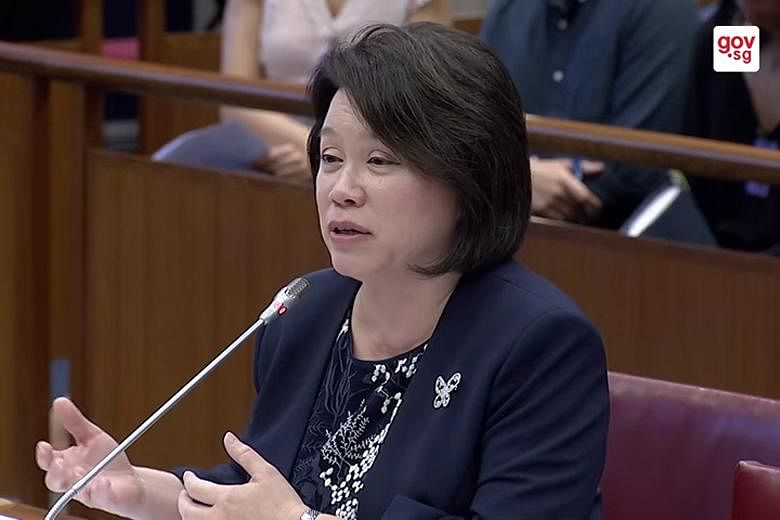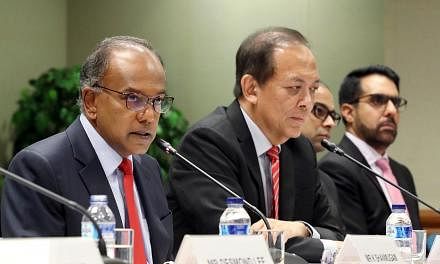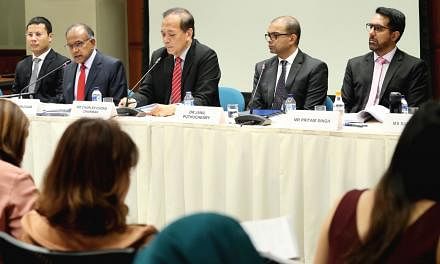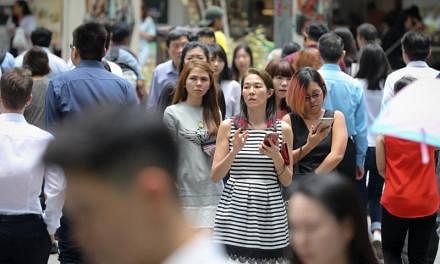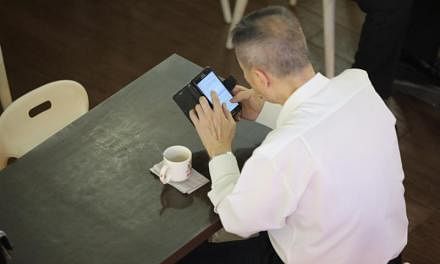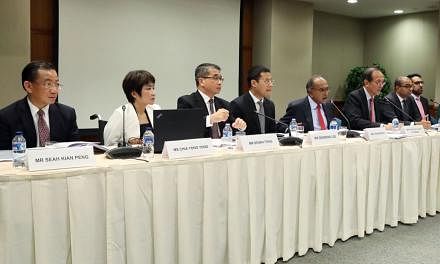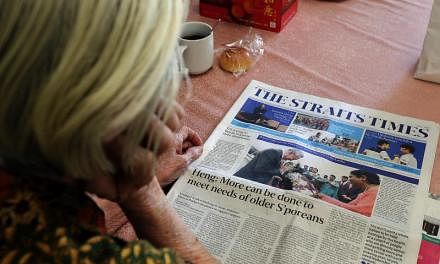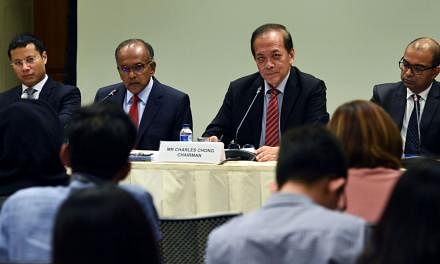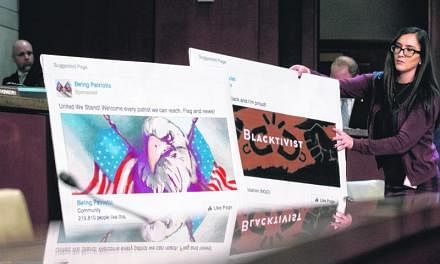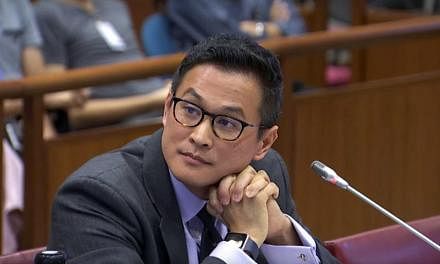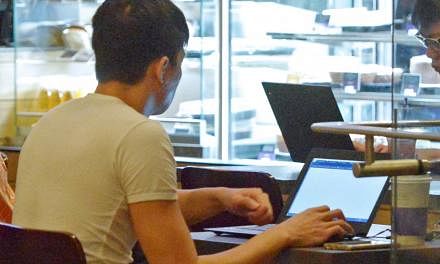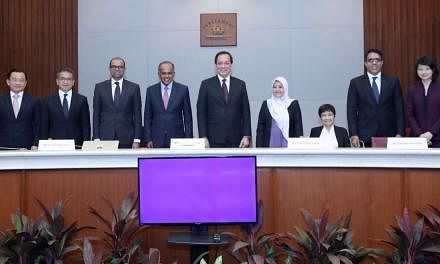Online falsehoods have a place in democratic discourse, said public policy researcher Gillian Koh, as she argued for people to be engaged so that they can come round to seeing that it is false.
Her assertion yesterday drew a swift challenge from Law and Home Affairs Minister K. Shanmugam, who said such untruths serve no purpose in a democracy. Allowing them to circulate would lead to people being misled, he added.
The exchange began with a discussion about Dr Koh's proposal to counter foreign interference and disinformation during election periods. Asked about non-election periods, she said existing laws to curb foreign influence in politics were sufficient to deal with the problem.
Besides, she said, engaging people over online falsehoods allows "right-thinking" people to debunk them, and subsequently educate others about the dangers.
She added: "You declare it is false, but people still need to be persuaded... all I am saying is that we allow for a process of deliberation."
But Mr Shanmugam said her suggestion that people can be convinced is contrary to scientific research cited by others, which shows that people are hardwired to believe falsehoods, and countering false news with truth could reinforce the untruths.
Mr Shanmugam asked Dr Koh, who is deputy director for research at the Institute of Policy Studies, "what purpose is served" by letting online untruths be purveyed.
He cited the claims about Indonesian President Joko Widodo being Christian, former US president Barack Obama being Muslim and former US presidential candidate Hillary Clinton running a paedophile ring out of a pizza parlour.
Dr Koh agreed there is no purpose when falsehoods are deliberate and clear. But she said it is not always clear-cut that something is false, and it could take time to verify the facts.
Mr Shanmugam countered that the Select Committee is looking only at deliberate online falsehoods. "Let me assure you we are dealing with deliberate online falsehoods. Let's stick to that," he said.
Public hearings to fight online falsehoods: Read the submissions here and watch more videos.
